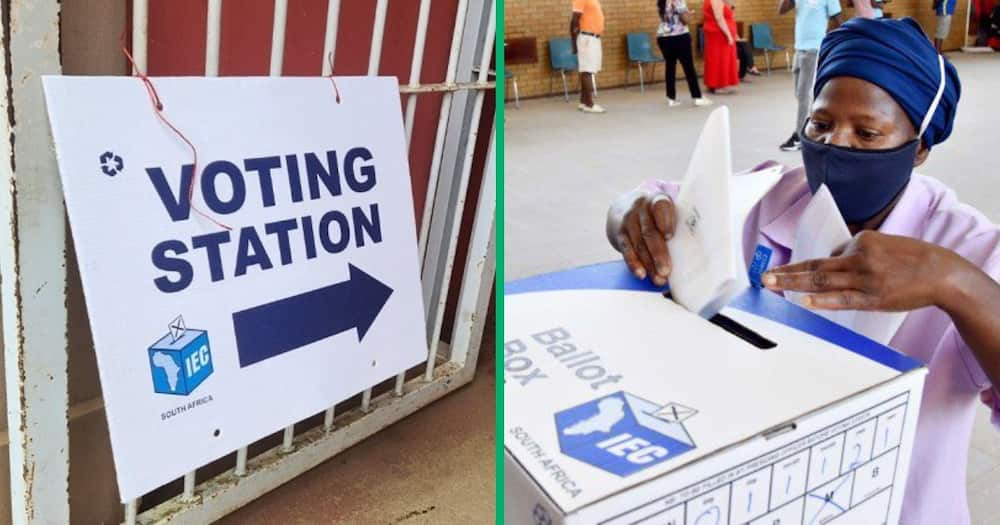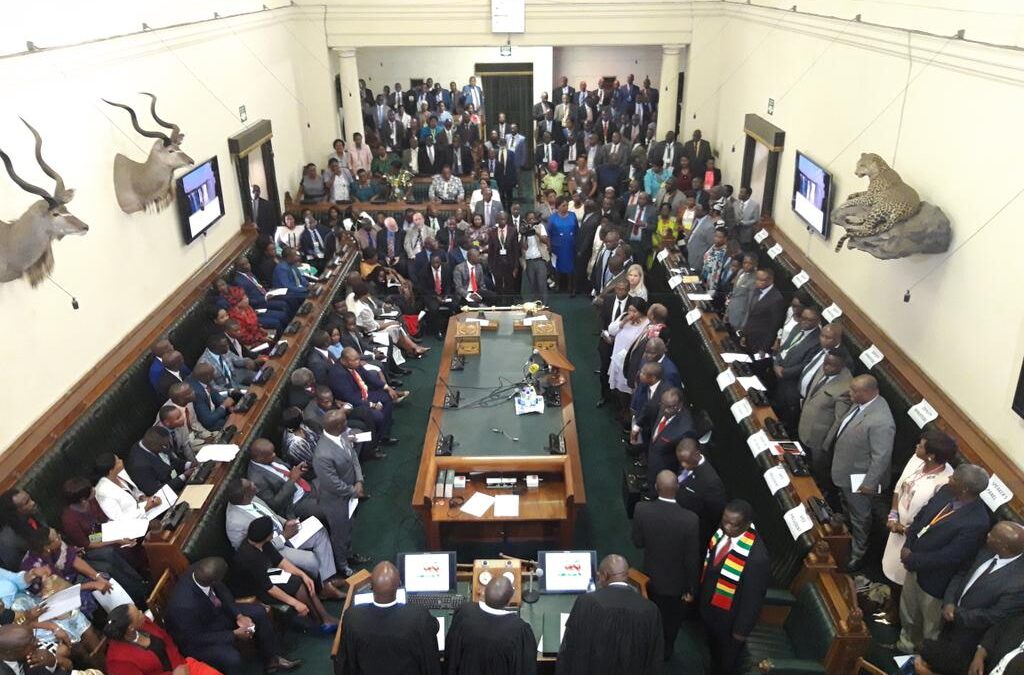Tafadzwa Nyikadzino
President Emmerson Mnangagwa yesterday launched three ICT policies at Somabhula Secondary School which are expected to develop the country’s digital economy by creating an investment climate for players to succeed.
The three policies namely, the reviewed National ICT Policy, the Smart Zimbabwe 2030 Master Plan and the National Broadband Plan will aid the country to develop towards the upper middle-income economy by 2030 through the use of technology.
President Mnangagwa also commissioned the second phase of the fibre optic backbone network that is being developed by the Bandwidth and Cloud Services (BCS) Group Limited in Africa.
In his address, President Mnangagwa said the policies will enable the Zimbabwean communities to have access to affordable digital technologies in line with the National Development Strategy.
“The policies we are launching today are in line with our National Development Strategy, where we aim to make sure that all our communities have access to affordable, fast and safe digital technologies. This has become important as societies and economies are now very dependent on ICTs.
“The fact that we are launching these important policies and the fibre optic backbone network here in Somabhula demonstrates that the Second Republic is walking the talk and committed to realising development that leaves no one and no place behind.
“At the end of the day, my administration is creating a good environment for the growth of a digital economy which empowers our communities, no matter where they live. So this policy will make sure that learners and young entrepreneurs, whether here in Somabhula, in Kanyemba or in Gokwe or Binga, all have the same opportunities as those in our big cities like Harare and Bulawayo,” President Mnangagwa said.
He added that digital technologies should be used beyond social media and entertainment to promote positive development.
“Digital technologies must go beyond the use of ICT for social media and entertainment. We must use the infrastructure that my Government is putting in place to improve service delivery in healthcare, education and agriculture, among many other aspects,” he said.
The Minister of Information Communication Technology, Postal and Courier Services, Tatenda Mavetera gave a break down of the new policies in her address, where she said the policies were formulated to improve service delivery in the ICT sector.
“ The Zimbabwe National Policy for Information Communication Technology (ICT) of 2016 to 2020 has identified Policy Priority Areas where improvement could be made to performance, sustainability and delivery of public value, such as: infrastructure and services; broadcasting services; postal and courier services; policy, legislation and regulation; digital skills; investment and funding; innovation and local production; inclusiveness; content and applications; emerging technologies; partnerships and collaborations; roll out of smart solutions; power supply; state enterprises and parastatals; national payments systems digital financial policy, among other areas.
“The Smart Zimbabwe 2030 Master Plan has been formulated as a strategy for the country to achieve a digital economy by 2030 as well as its Vision 2030. It will work through key specific sector-focused integrated Pillars which will act as Smart Solutions and these include: Smart Government; Smart Cities; Smart Agriculture; Smart Education; Smart Transport; Smart Health; Smart Tourism; and Smart Mining; among others.
“These Pillars are anchored on the following strong foundation or common Platforms: Policy, regulation and standards; Secure and shared infrastructure; Partnerships, skills, capacity building and content development; and Confidence and security of networks and services,” Mavetera said.
She added that the operationalization of Smart Zimbabwe 2030 will require all government Ministries to adopt Smart solutions for their projects and development programs.
“The Master Plan presents models of Smart Agriculture, Smart Government, Smart Education and Smart Cities, to name but a few as examples of the key tenets in a Smart Solutions environment. Coordination of the adoption, development and deployment of ICT solutions and applications should be properly managed under the guidance of the Ministry of ICT, Postal and Courier Services to avoid duplication and ensure optimal utilization of financial and human resources,” she said.
On the Zimbabwe National Broadband Plan of 2020 to 2030, the Minister said the policy aims to create a highly connected Information Society through reliable broadband networks.
“The National Broadband Plan identifies the following five broad Goals and a set of Objectives for realizing the Broadband dream which are: Growth to Enable and foster the adoption and increased use of Broadband by all citizens to support the attainment of the upper middle-income economy status and sustainable development goals by 2030,
“Inclusivity to Ensure Broadband connectivity, availability and affordability for all by 2030, Sustainability to Manage all emerging risks, challenges and opportunities emanating from Broadband based growth, Innovation to Enable Broadband based innovation and integration across all sectors of the economy in support of the digital transformation of society, and Collaborative and coordinated engagement for Broadband development,” she said.
The policies are expected to improve the country’s digital sector as it moves to catch up with the 4th Industrial Revolution .





0 Comments